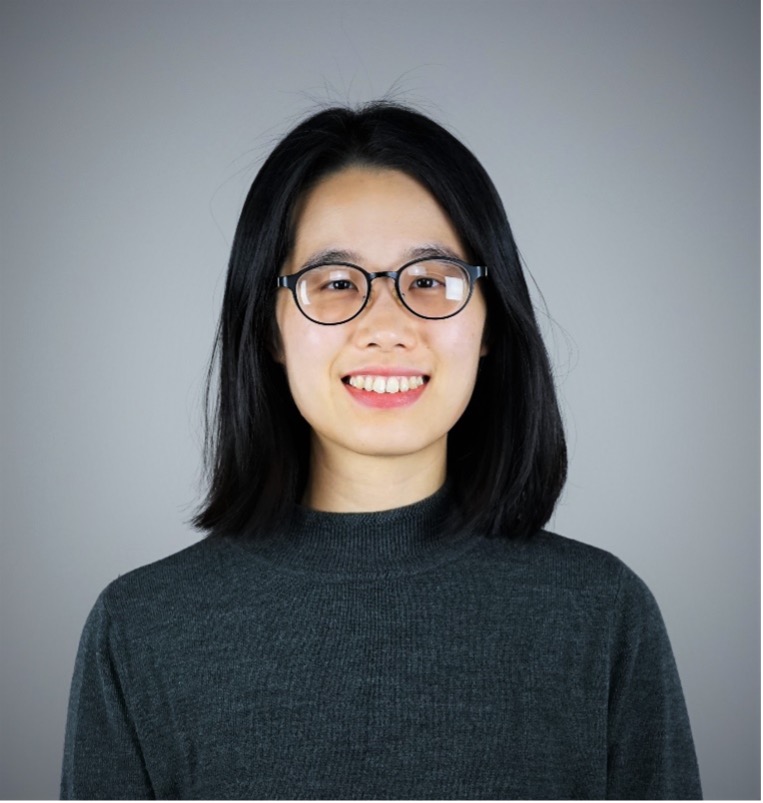By Ruth Chang
Portrayals in films, on TV shows, in magazines and across other media can dramatically affect how humans see themselves and each other. We asked three different Ohioans to share how media portrayals impacted their own sense of identity.
“4 5 ‘00.”
In a photograph, my father, my mother, my brother and I sit smiling on the concrete steps of our apartment. We live within earshot of I-75, located at the periphery of a quiet Ohio town, corn fields just beyond. Above us, an American flag softly waves, afloat for the moment.
In the late 1990s, TV stations began introducing Japanese animated shows on Saturday mornings to youth audiences. Rustling my brother awake at 5 a.m., I’d switch on channel 36. Shows like “Yu-Gi-Oh!,” “Pokémon” and “Sailor Moon” were like me: jarringly dubbed over, a bit of foreign on a white canvas. My childhood years happened at the cusp of change, when globalization catalyzed a slow but steady transformation that resulted in American society waking up to the other side of the world.
Just as Japanese TV shows infused millennials’ childhoods, the American Midwest powerfully shaped me—its rurality, sparseness, coolness. It meant accepting myself as a pebble, to be humbled and rounded, but always distinct. When people asked, “Where are you [originally] from?” I would respond, “Ohio.” It was a rebuff, besting the questioner at their own game. But it was also becoming more and more the truth.
Now, you can buy mochi from the local Kroger and stream all the Sailor Moon your heart desires. But back then, the closest thing to East Asia was a language arts unit on “tolerance” and The Joy Luck Club taught freshman year of high school. Tolerance couldn’t describe the loneliness and boredom to be found here, or the joy in rooting for Michelle Kwan as she competed for gold on screen. It did not justify my silent ambitions to go to Yale’s architecture school after watching a documentary about the Chinese American architect Maya Lin, who herself hails from Ohio, in the seventh grade. Her masterful design for the Vietnam Veterans Memorial brought on national controversy over her race, gender and age. Such stories of celebrations and struggles gifted me with possibilities of where I could go and who I could be.
In 2021, “Minari,” an American film that featured an immigrant family in the rural Midwest, won the year’s Best Foreign Language Film Award. Its successes are applauded—but only as foreign. This is not only the controversy at the Golden Globes, but also that of people who grew up across cultures everywhere. In high school, a teenage boy came up to me on the playground to provoke a baffling debate:
“Do you know how to speak English?”
“Yes.”
“No, you don’t.”
“Yes I do.”
“No, you don’t know how.”
“Well, I’m speaking it now.”
He was affronted not just by my English fluency, but by the idea that being American could mean something more than just speaking English, or looking like someone who does.
The media portrayal of the “white-bread,” agrarian ideal might still drive people’s concept of the Midwest, but on the ground, the region has always fostered its own nuances and complexities. It might surprise some to hear I feel more kinship to postindustrial Ohio than Shanghai or NYC. After a decade roaming elsewhere in the world, I’ve now chosen to return to this place—unabashedly underrated, deceptively flat on a globalized landscape. But for my Saturday morning fix, I don’t watch TV. Instead, we opt to drive out for freshly sliced sashimi and red bean buns filled with whipped cream. It is not confusing to me to be in between, born out of cultural tensions and the American Dream. It is where I am almost home.
Ruth Chang is the co-founder of Midstory, a nonprofit media thinkhub supported by Ohio Humanities with a mission to uplift the Midwest narrative through storytelling and research. She was born in Taiwan and grew up in Northwest Ohio. Ruth holds a BA in Architecture from Princeton University, and a Master in Architecture from Harvard University.

